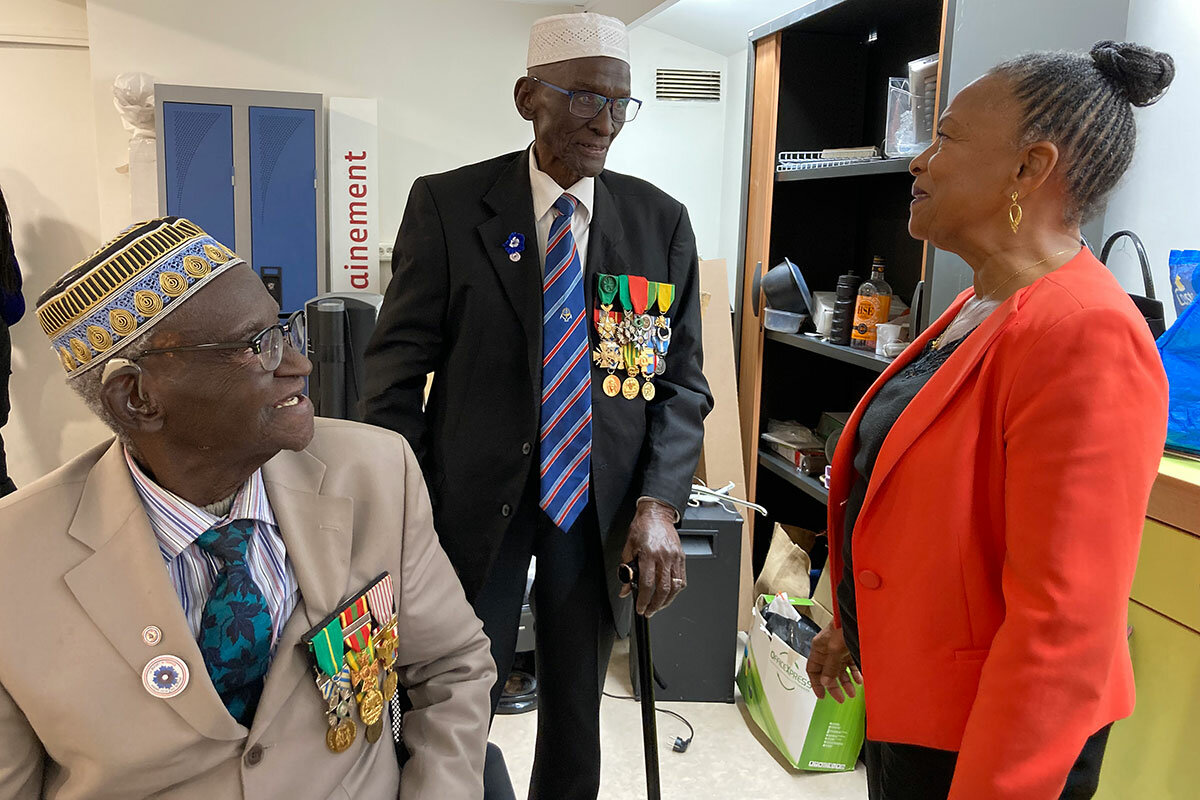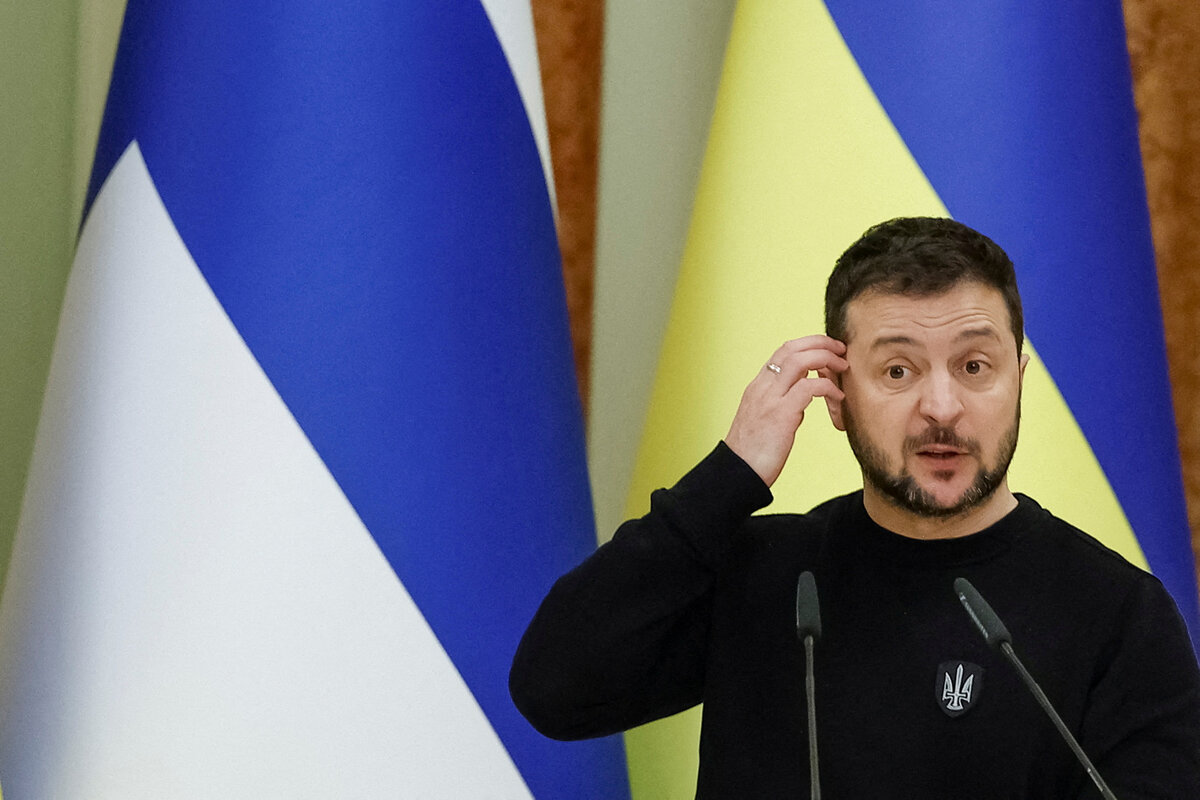Recent discoveries suggest that mishandled classified documents may not be that rare. One problem: a “tsunami” of government secrets, and a system that defaults to classifying everything.
Monitor Daily Podcast
- Follow us:
- Apple Podcasts
- Spotify
- RSS Feed
- Download
 Mark Sappenfield
Mark Sappenfield
Earlier this month, on the cusp of skiing history, Mikaela Shiffrin opened up to The Associated Press. “The only thing I can really guarantee,” she said, “is that at some point it ends, and I’ll have to be the one who takes the defeat.”
That might sound remarkably dour from the best skier on the planet, perhaps ever. But it was also quintessential Mikaela Shiffrin.
The last time many Americans saw her, she was crying. After going medal-less and failing to finish three of her five individual races in the 2022 Beijing Olympics, Ms. Shiffrin was characteristically blunt. “Right now, I just feel like a joke,” she said on national television.
Yesterday, the emotions were so different. She became the winningest female skier ever, taking first place in a World Cup race for an 83rd time. The feat borders on incomprehensible. The previous record-holder, Lindsey Vonn, won her 82nd race at age 33. Ms. Shiffrin is 27. This season, she has nearly double the points of her closest competitor on the World Cup circuit, at one point winning five races in a row. Earlier today, she won her 84th race for good measure. The fact all this comes less than a year after the Beijing Games is no coincidence.
After the accidental death of her father in 2020 and the upheaval of the pandemic, there were questions of whether Ms. Shiffrin would ever regain her early career dominance. Beijing raised more questions. But what has always made Ms. Shiffrin extraordinary is not talent. It is that she takes nothing for granted. Her career is the apotheosis of preparation, the willingness to commit oneself body and soul to the tedium of process, trusting that results follow work in a direct line.
Speaking of Beijing, Ms. Shiffrin’s mother recently told The New York Times: “Those will be lifelong lessons.” Yesterday, the world saw what it looks like when such lessons become fuel for an honest and unrelenting heart.










